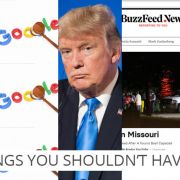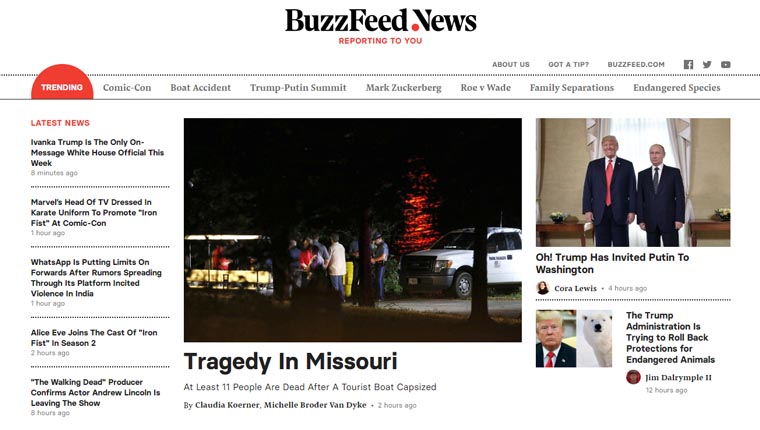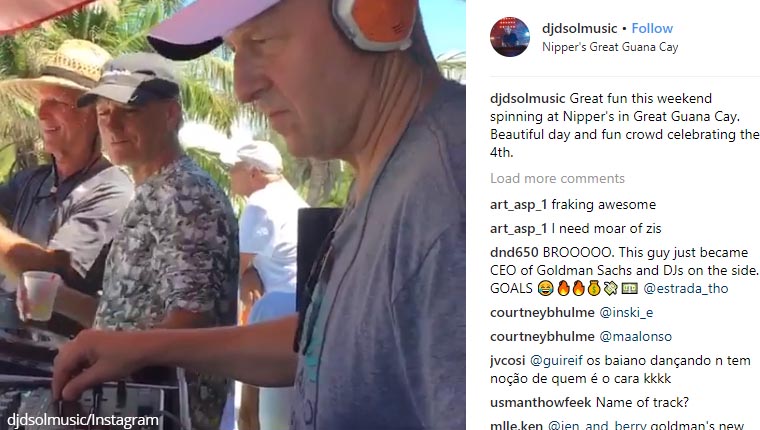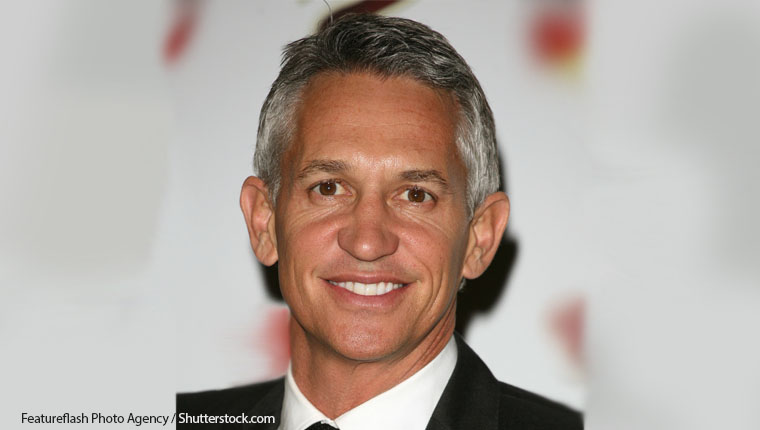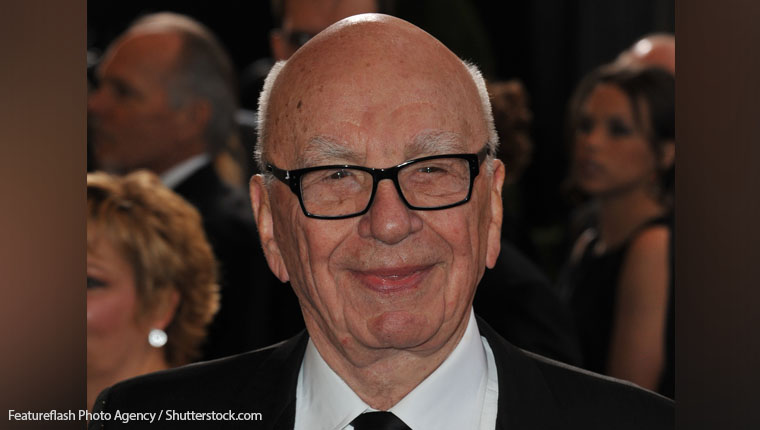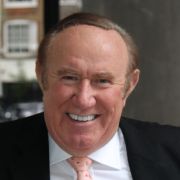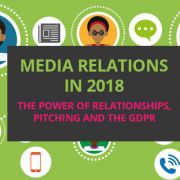Lumiere sur notre bloggeur: Diane, Oui in France
Diane is the author of Oui in France, the living abroad lifestyle blog. Originally from New Jersey, Diane now lives with her French husband Tom in the Loire Valley and writes about French culture and living abroad, as well as everything lifestyle from healthy living to wine and pets.
Diane spoke to us about the joys and challenges of living in France, how she writes for her international audience and the most creative ways she likes to work with PRs.
Why did you start your blog?
I started Oui In France in 2012, shortly after moving to France, as a way to stay in touch with people back home, share my experiences as a foreigner trying to navigate a new culture, have a record of my time in France, and just connect with others who might be able to relate. I wasn’t sure where it would go but figured I’d jump in and see where it would lead me. As time went on, I realised how much I enjoyed blogging and sharing my stories along with tips and cultural observations. I’m still at it over six years later!
What makes your blog unique?
I’ve been blogging weekly on the good and the bad of life abroad (and about lifestyle topics), and while my blog isn’t a personal diary, I think my candour is unique with the fact that I don’t romanticise life in France. In addition, I am not a student or someone who is retired or here temporarily on a long-stay visa. I also don’t live in Paris.
What was the biggest culture shock moving to France?
I think my first year or two here was when I experienced culture shock the most. Little annoyances would get under my skin like stores closing early or not being open on Sunday or just the way that French people cut in lines. There are so many little differences that took some getting used to and I’ve adapted for the most part. The annoyances are just a normal part of life now.
Beyond the annoyances, I think a big shock for me is feeling like an outsider – even years after moving. It’s something that I didn’t expect to feel so deeply. Although I speak French, I’m not French and being different isn’t always easy in a small town. It’s been difficult for me to make close friends and find like-minded people. But I try to keep things in perspective and look at all the positives life in France has to offer and do my own thing.

What’s the best thing about living in France?
That’s a big question. On the surface, I could tell you about the wonderful food culture; amazing wine, cheese, and bread count for a lot. Also, the fact that healthcare is a right and not something you lose if you’re laid off is a huge weight off my shoulders. Medical debt isn’t a problem in France and the peace of mind just knowing you’re covered is amazing.
But if I go deeper, I love living in a place that challenges me every day. Nothing is comfortable. From the language to the culture to the bureaucracy to even more mundane day-to-day struggles like when the pharmacy closes 10 minutes early just because they feel like it (when you really need a prescription), France pushes me to be better. Living abroad has pushed to be more patient and understanding and to prove to myself that I can succeed in a foreign land and go with the flow. The best parts are the lessons in self-discovery that I would never have learned staying at my job in New York City.
Maybe my favourite part of living in France is that I’m experiencing my husband’s culture first-hand and getting to know his home while having him by my side. Discovering new regions of France is something I really enjoy as well – especially Brittany which is a short drive from where we live.
Is there a blogging community in France, and is it French or American or something else entirely?
There aren’t many Americans (or English speakers) in my local area, so any blogging friends or communities I’m a part of have been online. Connecting with others has been a godsend and I’m so thankful for people I’ve met through my site.
How do you track your audience and write content with international appeal?
I use Google Analytics to track my stats and it’s been a great tool for figuring out who is out there and to see what content performs well. The majority of my audience is in the USA and I try to write about things I’ve experienced, so my content has a bit of an American slant. I am not sure I’ve ever consciously set out to write content with an international appeal. Sometimes the topics themselves will naturally attract an international audience. I think foreigners abroad – regardless of nationality – can relate to the topics I cover (like having an accent, or the dark side of expat life, or a shift in identity) even if I don’t set out to write for an international audience.
 What advice would you give someone thinking of moving to a new country?
What advice would you give someone thinking of moving to a new country?
Living abroad is a rewarding and a once-in-a-lifetime experience, so I encourage anyone considering a move to go for it but to do their research and figure out what they want most from their time abroad. Are they looking to move for a year and have an extended vacation or move more permanently, integrate, and work?
It’s important to ask ourselves the hard questions and examine our motivations for wanting to move abroad and then make sure those reasons are worth the potential negatives. Then spend some time beyond a week or two of vacation to get a real feel for the area you’re considering. Talk to everyone you can and browse forums and blogs to see what experiences people have had, good and bad. I can’t emphasize the planning and research stage enough. Then go for it!
How do you like to work with PRs and brands?
I’ve only started working with PRs and brands in the past year, so it’s new territory for me. I’ve had the most success reaching out to companies myself instead of going through influencer networks, which primarily serve bloggers in North America. I think for product-based campaigns, it’s sometimes hard for those of us who live abroad (even if we’re American with a majority American audience) to receive product through networks so I usually reach out to brands who might be a good fit for the Oui In France audience.
I love it when brands give creators the freedom to do what works best for their audience and recognise that there isn’t one specific way to collaborate. I’ve heard horror stories from other bloggers where brands micromanage the collab every step of the way, so it’s much better when brands trust creators enough to do things their own way and provide direction but don’t overstep. It’s also really important for brands to understand a content creator’s value and to pay us what we are worth.
What are the best campaigns you’ve collaborated on and why?
I loved working with Lazenne, a Europe-based wine luggage company, for a few reasons. First, they create amazing products that are a perfect fit for my audience, but beyond that, they were super laid back and let me do my own thing. There was no stress and the final post and video were a hit!
Do you think bloggers need their own professional association?
I don’t think they need it but it can certainly help. Many people blog as a career and any type of association to further community and professional development is a positive step.
What other blogs do you read?
There are so many bloggers out there creating amazing content, and I tend to gravitate toward bloggers who have a distinct voice where you get a sense of who the person is behind the blog.
Here’s a short list of bloggers I enjoy:




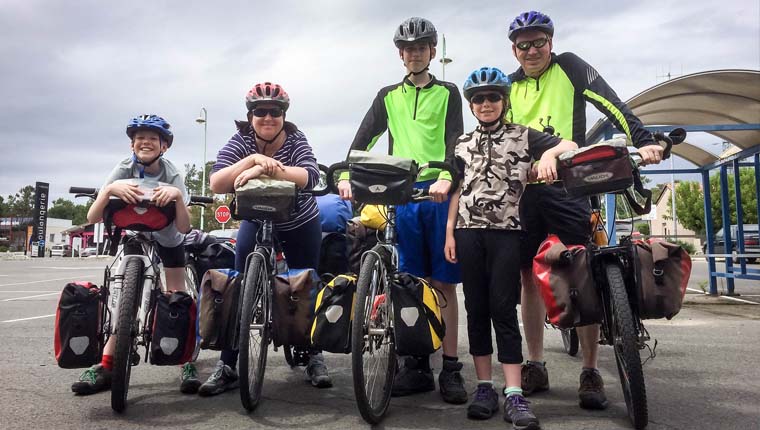
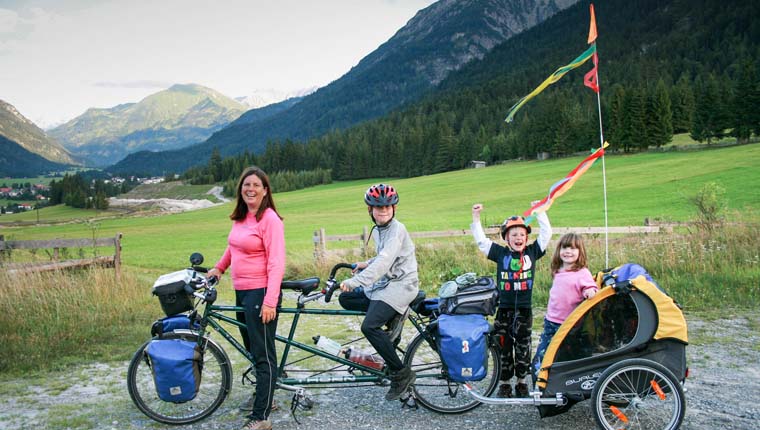

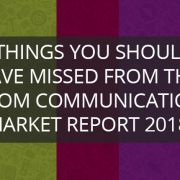






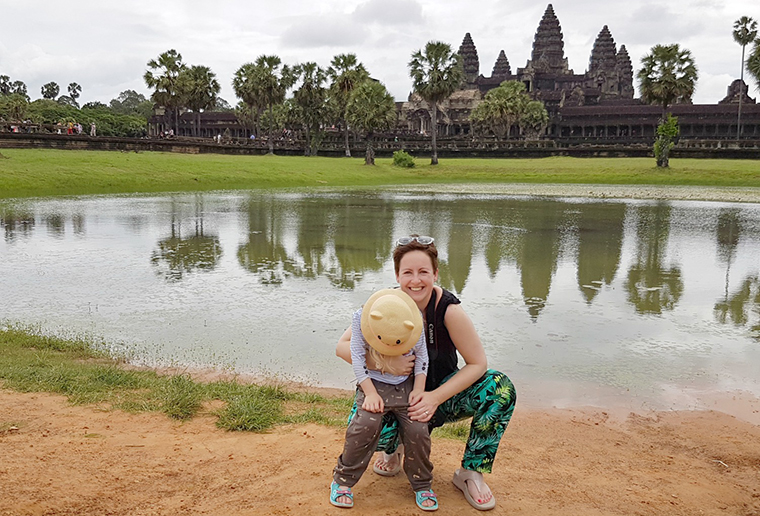
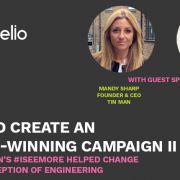


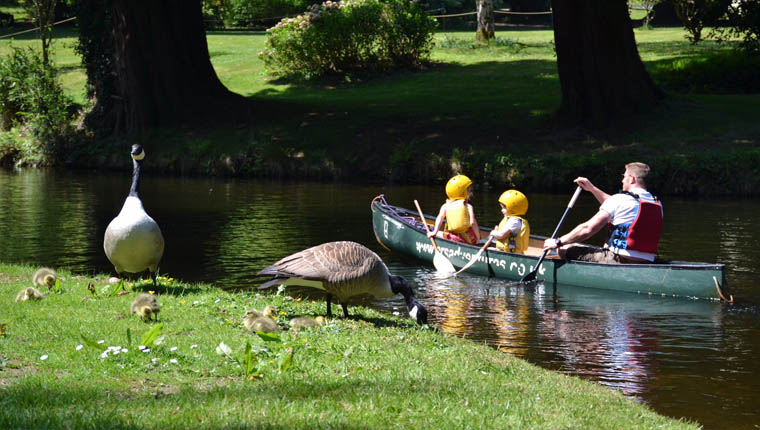
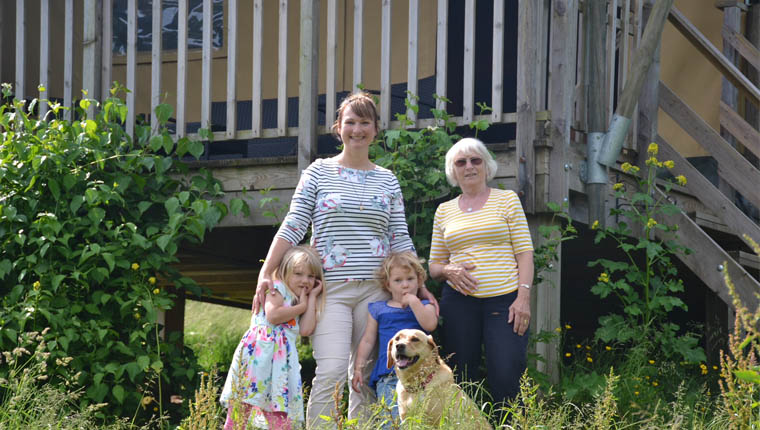



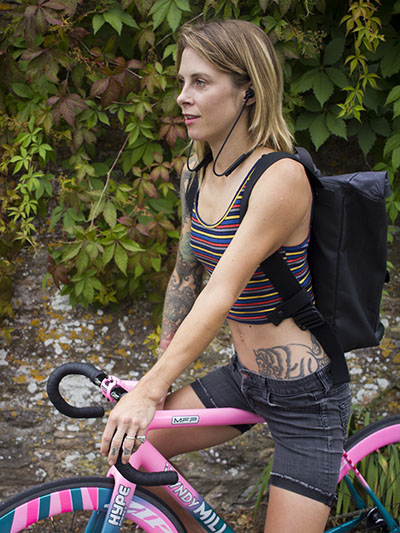 What makes your blog unique?
What makes your blog unique?




